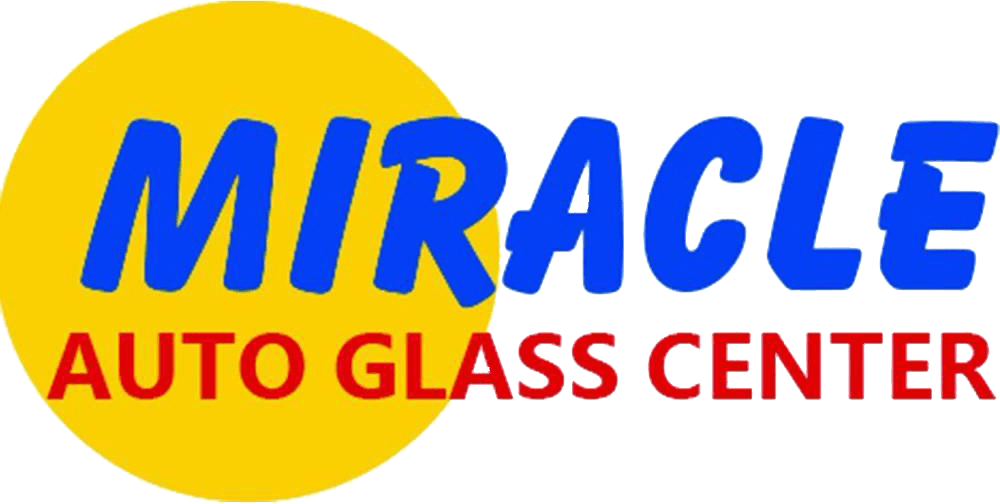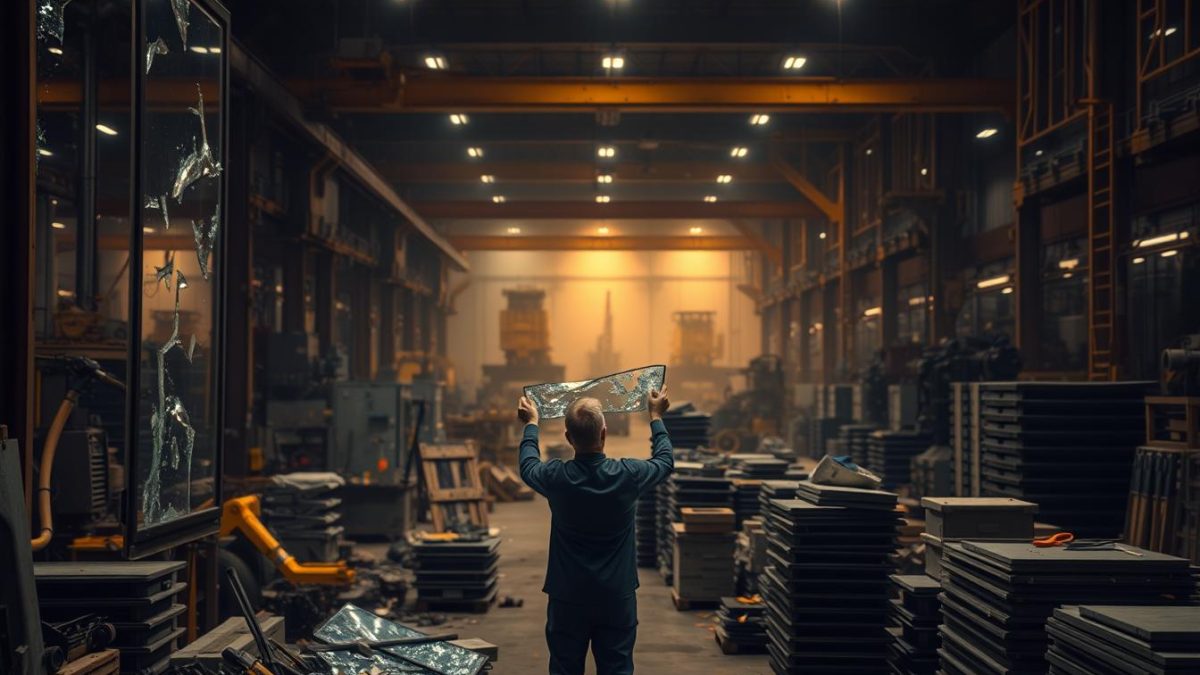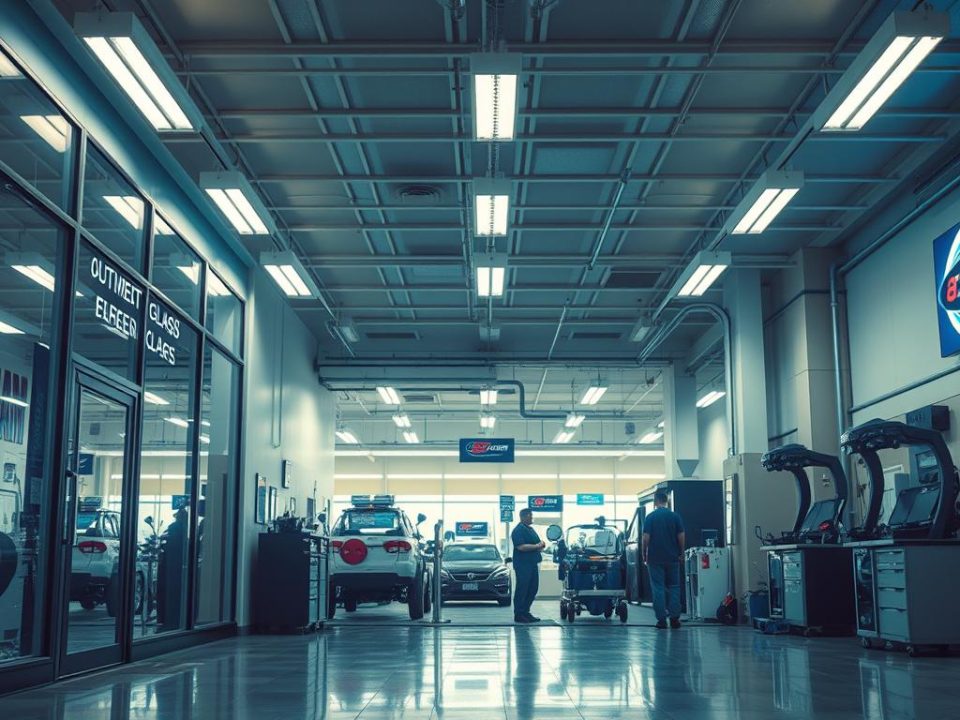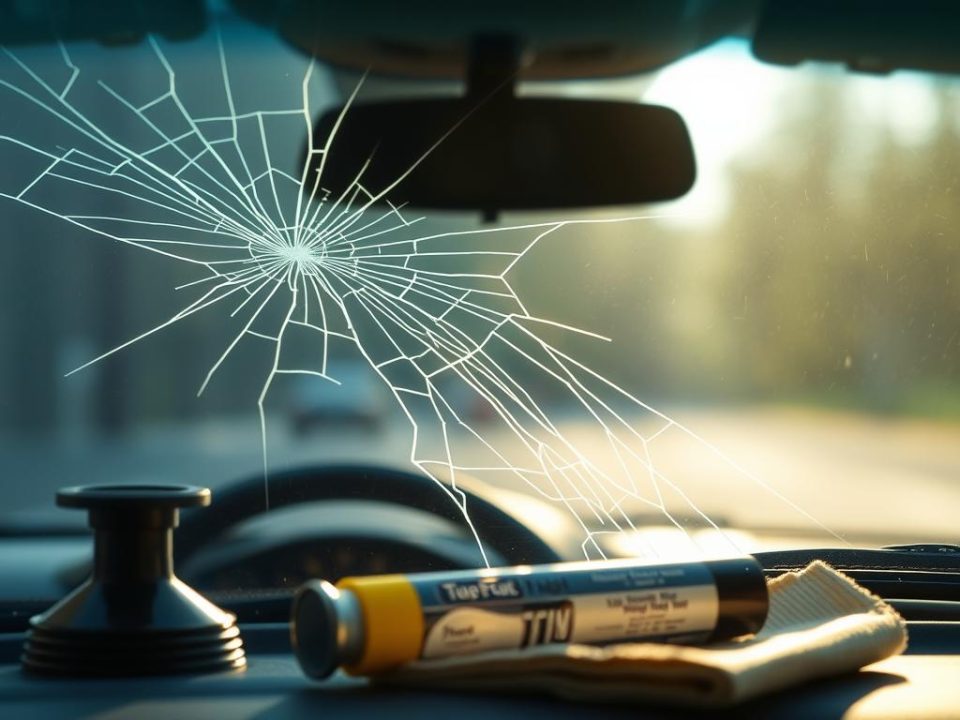
How a Damaged Windshield Impacts Airbag and Roof Safety

Does Insurance Cover Windshield Repair in Texas?
When your vehicle’s windshield or other glass is damaged, deciding on the right replacement can be challenging.
You have two primary options: original equipment manufacturer (OEM) factory glass or alternatives.
Choosing the right glass is crucial for your vehicle’s safety and performance.
This article will guide you through the decision-making process, helping you make an informed choice that meets your needs and budget.
Key Takeaways
- Understand the differences between OEM and alternative glass options.
- Learn about the importance of factory glass for your vehicle’s safety.
- Discover the factors to consider when choosing replacement glass.
- Find out how to make an informed decision that fits your budget.
- Get guidance on the next steps after deciding on the right glass for your vehicle.
Understanding OEM vs Aftermarket Glass
As you weigh the options for replacing your car’s windshield, it’s essential to understand the distinctions between OEM and aftermarket auto glass. The type of glass you choose can affect not only the quality and safety of your vehicle but also its overall performance and resale value.
What is OEM Auto Glass?
OEM, or Original Equipment Manufacturer, auto glass is produced by the same manufacturer that made the original glass for your vehicle. It is designed to meet the exact specifications of your car’s make and model, ensuring a precise fit and maintaining the vehicle’s original performance and safety standards. High-quality OEM glass is often considered the gold standard for auto glass replacement due to its adherence to stringent quality control measures.
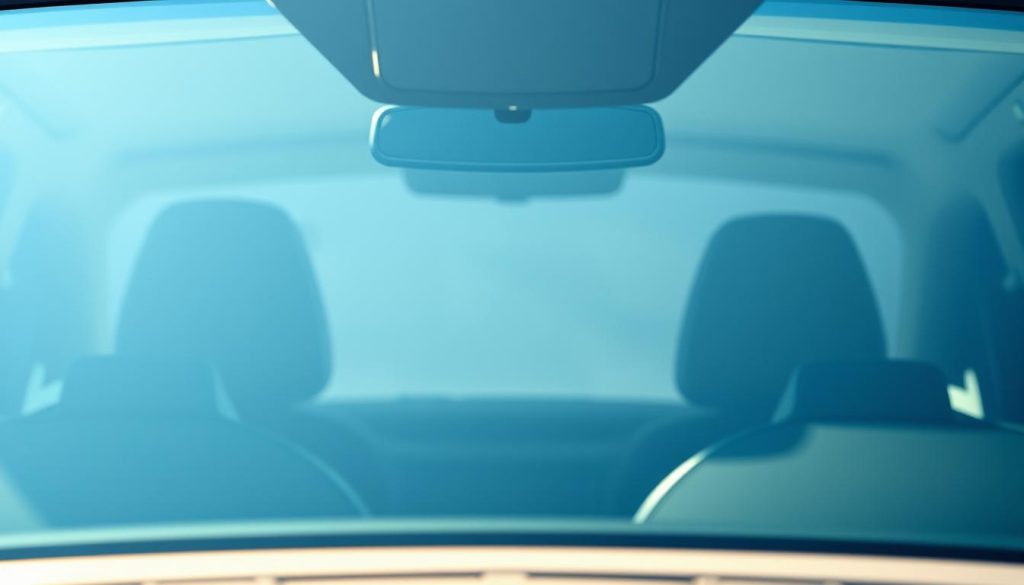
What is Aftermarket Auto Glass?
Aftermarket auto glass, on the other hand, is manufactured by companies other than the original equipment manufacturer. While it is designed to be compatible with various vehicle models, aftermarket glass may not always meet the same quality and safety standards as OEM glass. However, reputable aftermarket manufacturers can offer comparable quality at a lower cost, making it an attractive option for many vehicle owners.
Recent Developments in Auto Glass Technology
The auto glass industry has seen significant advancements in recent years, focusing on improved durability, safety features, and aesthetic appeal. Modern auto glass often includes features like laminated glass for enhanced safety, improved UV protection, and advanced driver-assistance systems (ADAS) integration. These developments have raised the bar for both OEM and aftermarket glass manufacturers, ensuring that vehicle owners have access to high-quality replacement windshields that meet their needs.
If you’re facing issues with your windshield or other glass damage, it’s crucial to choose the right type of replacement glass. At Miracle Auto Glass, our experts are ready to assist you with your replacement windshield needs, ensuring that your vehicle is restored to its original condition. Whether you opt for OEM or aftermarket glass, you can trust us to provide top-notch service and quality auto glass solutions.
Key Differences Between Factory and Aftermarket Glass
To make an informed decision about your vehicle’s glass, it’s essential to know the differences between OEM and aftermarket options. The distinction between these two types of glass can significantly impact your vehicle’s performance, safety, and overall value.
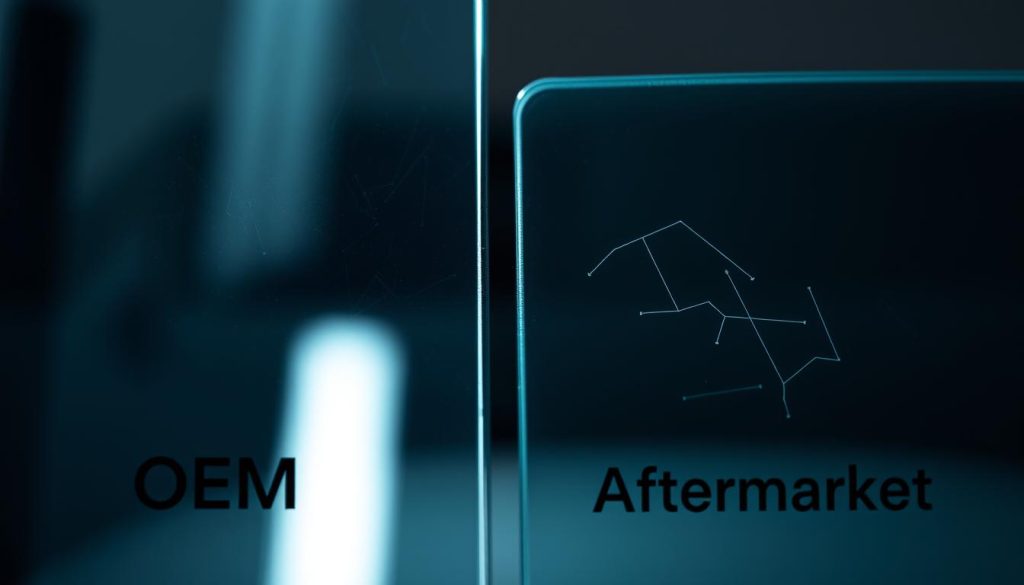
Quality and Safety Considerations
The quality and safety of OEM and aftermarket glass are critical factors to consider. OEM glass is manufactured to the same specifications as the original glass that came with your vehicle, ensuring a precise fit and maintaining the vehicle’s safety features. Aftermarket glass, while often of good quality, may not always meet the same standards as OEM glass. However, reputable aftermarket brands can offer comparable quality.
When it comes to safety, OEM glass is designed to work seamlessly with your vehicle’s advanced safety features, such as laminated glass and rain sensors. Aftermarket glass may not always be compatible with these features, potentially compromising safety.
Cost Comparison and Value Analysis
One of the most significant differences between OEM and aftermarket glass is the cost. Aftermarket glass is generally less expensive than OEM glass, making it an attractive option for those on a budget. However, the lower cost may be offset by potential drawbacks, such as a less precise fit or reduced durability.
OEM glass, on the other hand, is typically more expensive but offers the assurance of being manufactured to exacting standards. This can be particularly important for luxury vehicles or those with advanced safety features.
Warranty and Insurance Coverage
Warranty and insurance coverage are also important considerations when choosing between OEM and aftermarket glass. OEM glass usually comes with a comprehensive warranty that covers both parts and labor. Aftermarket glass may also be covered by a warranty, but the terms can vary significantly depending on the manufacturer.
Insurance coverage can also differ. Some insurance policies may require the use of OEM glass for certain repairs, while others may allow aftermarket glass. It’s essential to check your policy to understand what’s covered.
Impact on Vehicle Resale Value
The type of glass used in your vehicle can impact its resale value. OEM glass is generally seen as a plus, as it maintains the vehicle’s original specifications. Aftermarket glass, while not necessarily a negative, may be viewed with skepticism by potential buyers, particularly if it’s not from a reputable brand.
If you plan to sell your vehicle in the future, using OEM glass for repairs or replacements can help maintain its value.
If you’re unsure about the best option for your vehicle or need professional assistance with glass repair or replacement, consider hiring a reputable service like Miracle Auto Glass to ensure your windshield or other glass damage is fixed correctly.
Conclusion: Making the Right Choice for Your Vehicle
Choosing the right auto glass for your vehicle is crucial for safety, quality, and overall performance. As discussed, OEM and aftermarket glass have distinct differences in terms of quality, cost, and warranty. When considering a replacement windshield, it’s essential to weigh these factors to make an informed decision that meets your needs and budget.
Auto glass quality is not just about aesthetics; it’s about ensuring your vehicle’s safety features function correctly. A high-quality replacement windshield can significantly impact your vehicle’s overall safety and resale value. When you’re ready to replace your vehicle’s glass, trust the professionals at Miracle Auto Glass to provide high-quality service and ensure your vehicle is safe on the road.
You can rely on Miracle Auto Glass for expert installation and top-notch auto glass quality. Hire them to fix your windshield or other glass damage today and drive away with confidence in your vehicle’s safety and performance.
